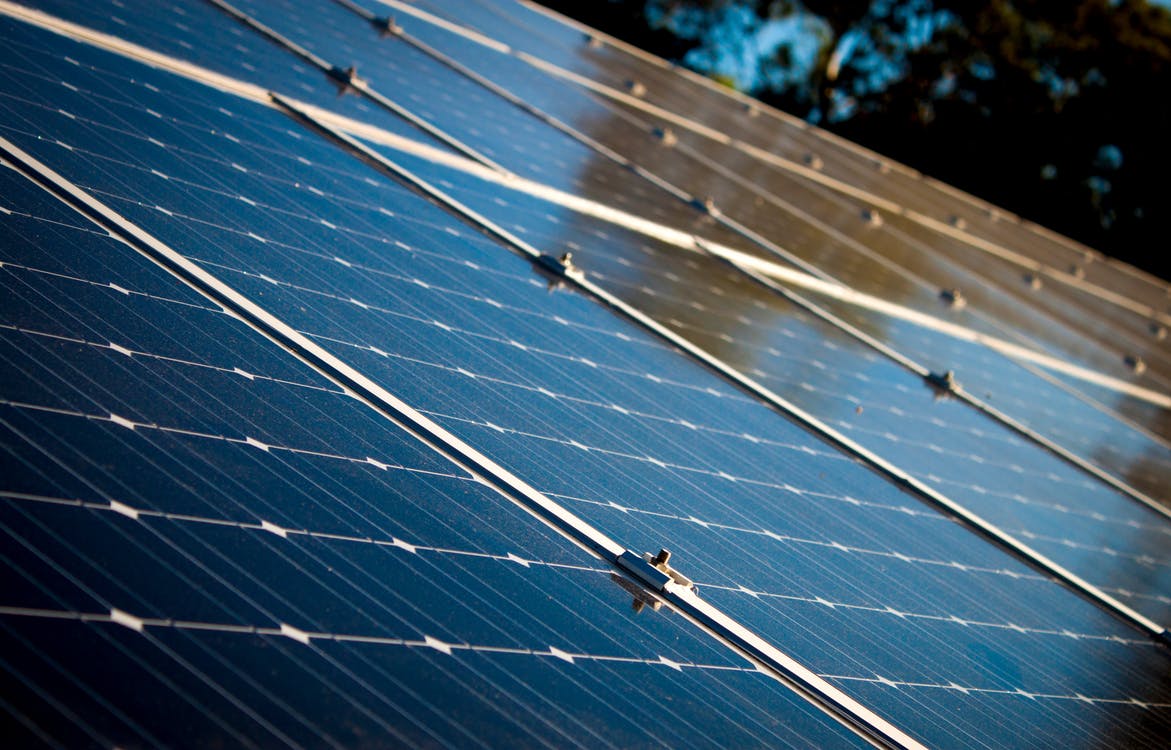(REPOST: Solar Power Portal)
We’ve all been there. Ignored warnings about traffic and found yourself staring at tail lights for hours on end? A backseat passenger uttering ‘I told you so’ is not going to help the situation. Ploughed ahead with a flatpack furniture build-out when it was clear you were missing a piece? ‘I told you so’ isn’t going to disassemble your wonky bookshelf and deliver it back to IKEA any quicker or easier.

It can be even more galling if your actions result in particularly dire or long-lasting effects, so spare a thought for the Department of Business, Energy and Industrial Strategy this week which now finds itself in quite the bind.
Since 2015 the Conservative government’s about-face on renewables policy has had significant and quite damaging impacts. Figures from Bloomberg New Energy Finance this week demonstrate that investment in UK renewables more than halved last year, falling to levels that haven’t been so low in a decade.
This has been achieved against a backdrop of a global call to arms on climate issues. The Paris Agreement was a gamechanger and Trump’s America stands almost alone in its defiance of it. All the while deployment of solar has collapsed and onshore wind has ground to an ideologically driven halt.
These two technologies are of particular importance given their cost comparative to the alternatives. Onshore wind is now expected to be as cheap as gas and solar not far behind, with a league of investors stating they expect solar to be available at around £54/MWh by 2020 if long-term contracts (not subsidies) were on the table.


